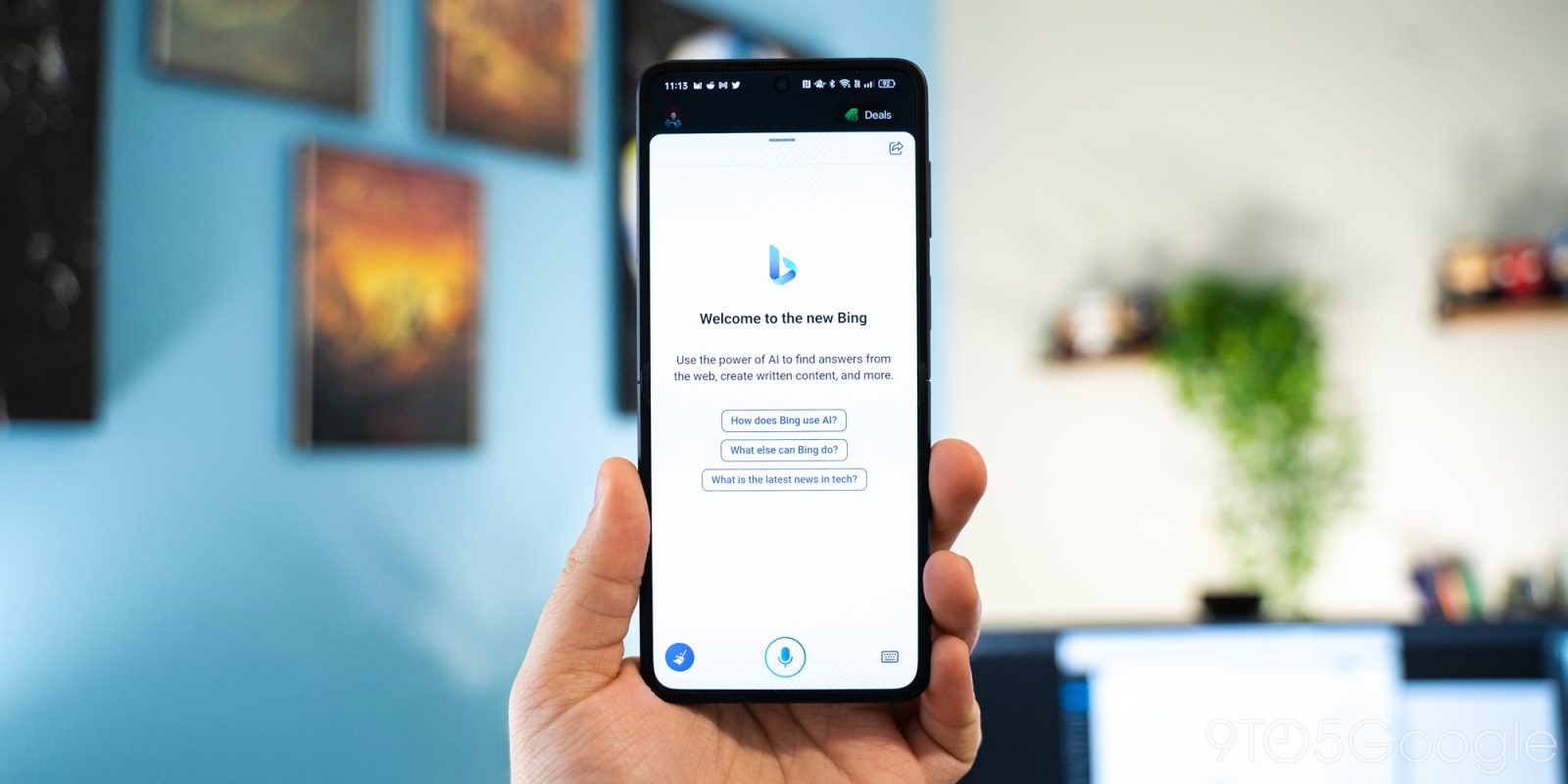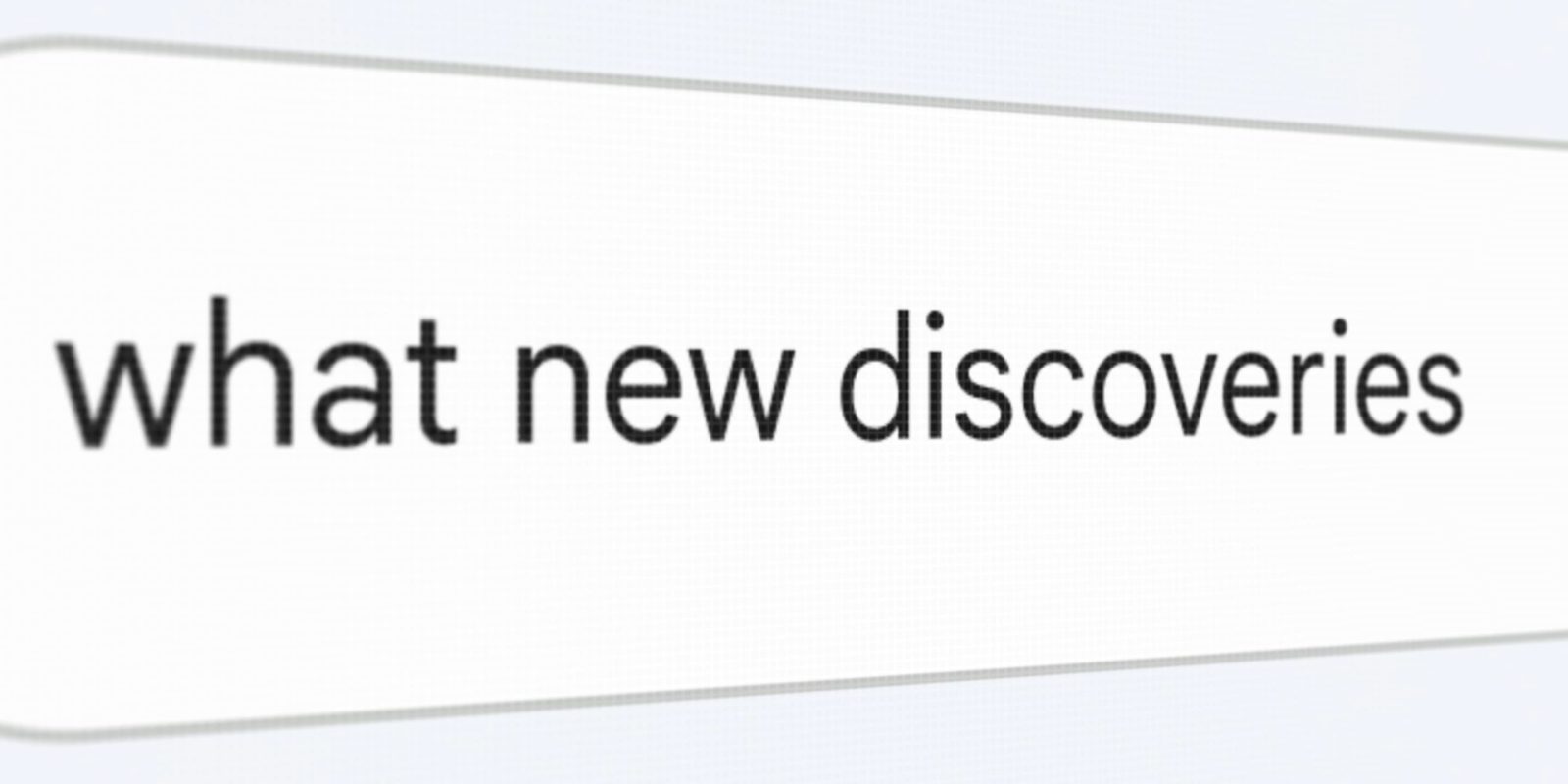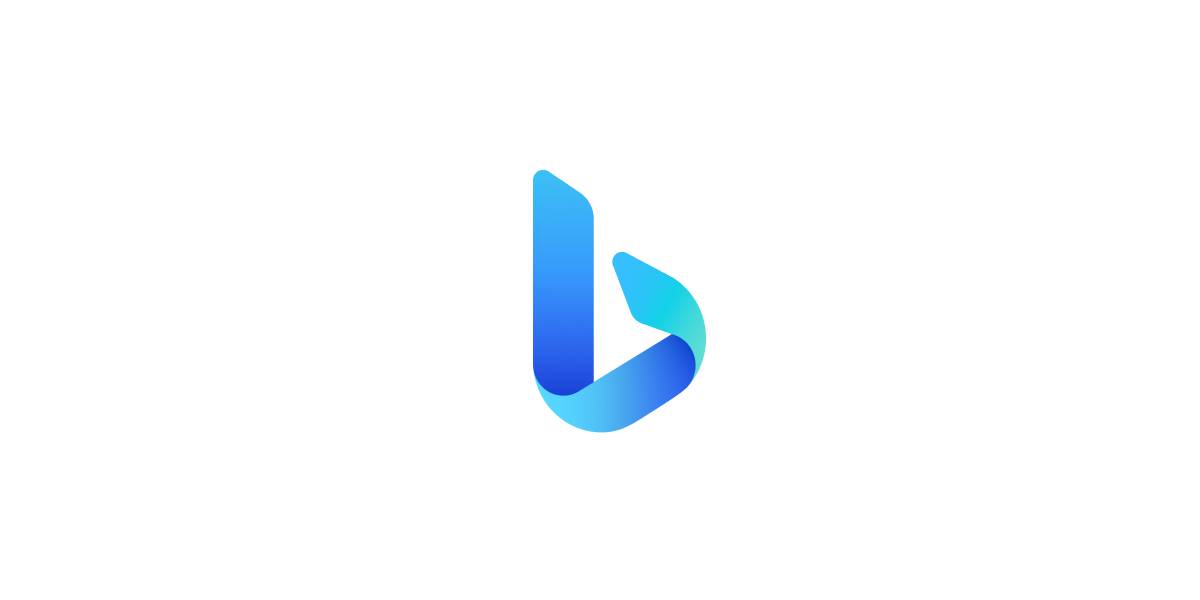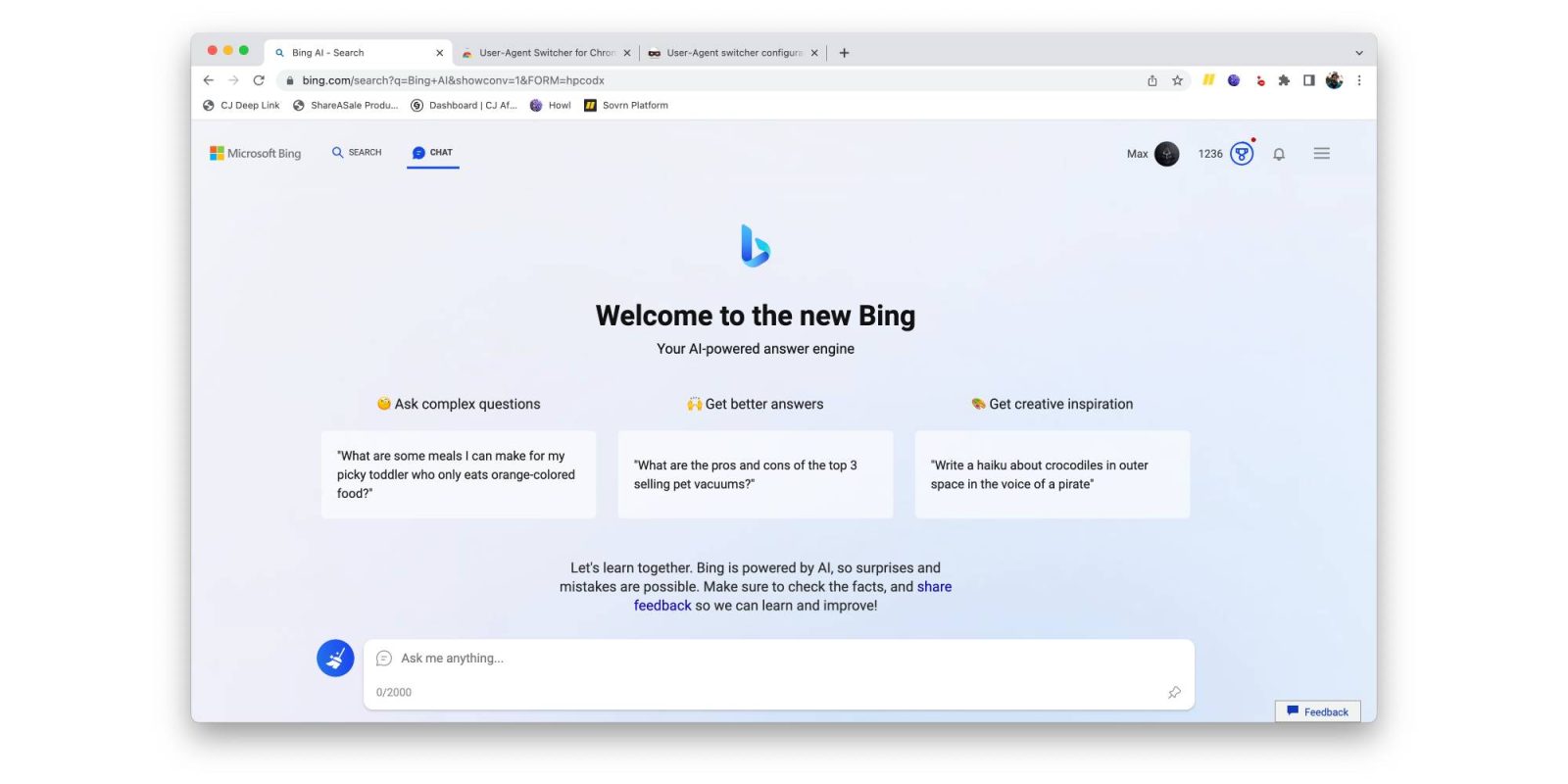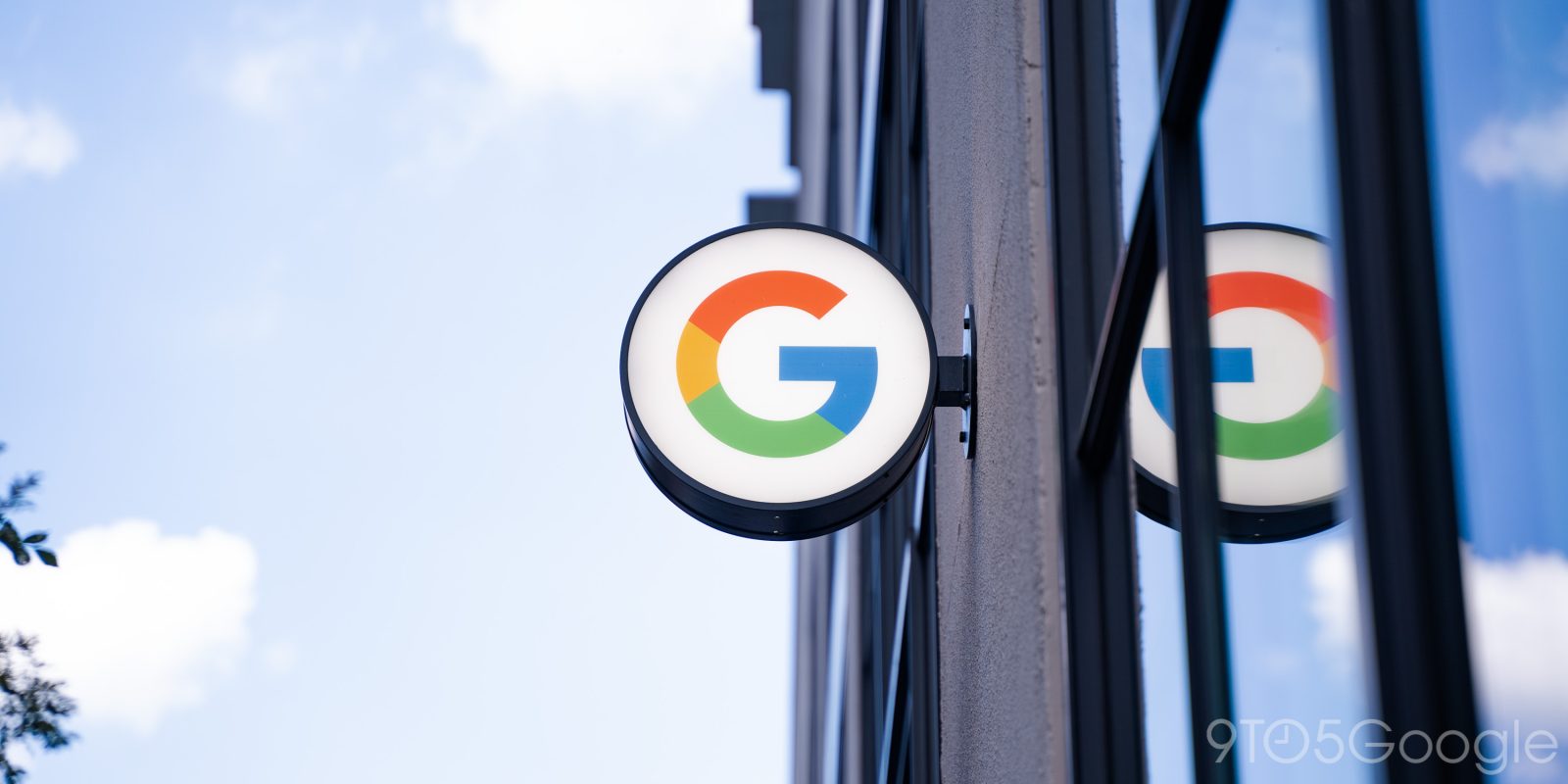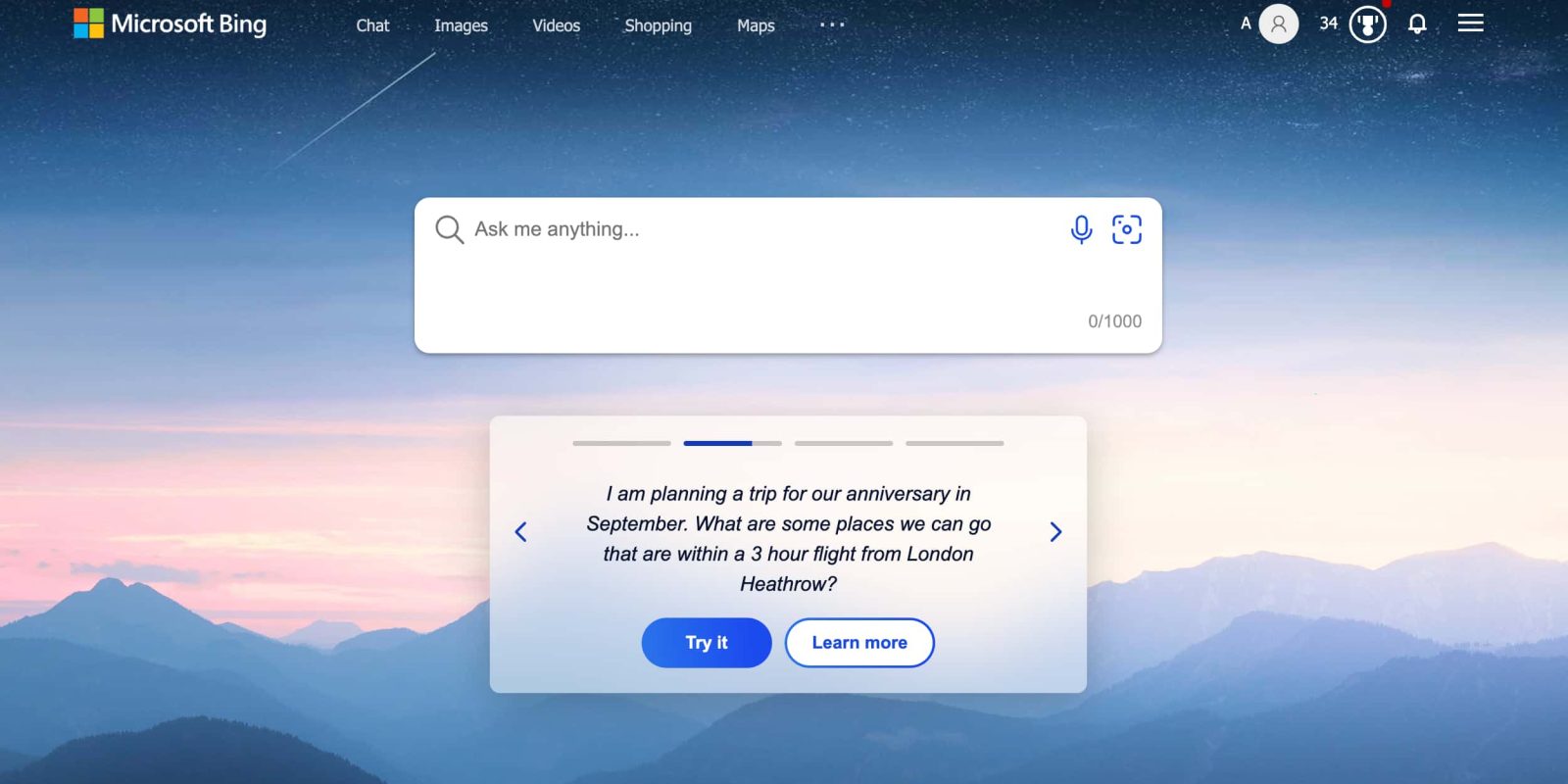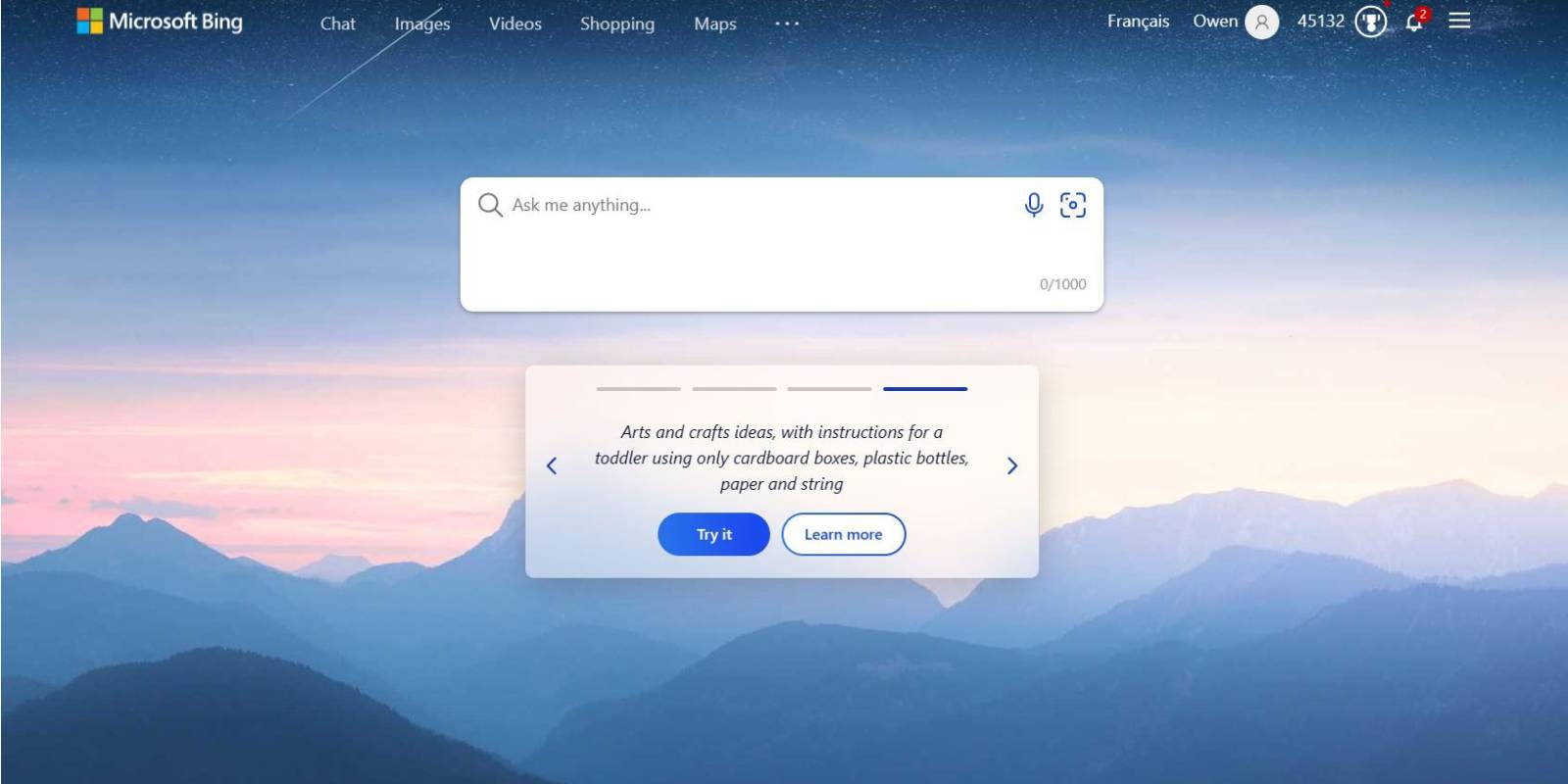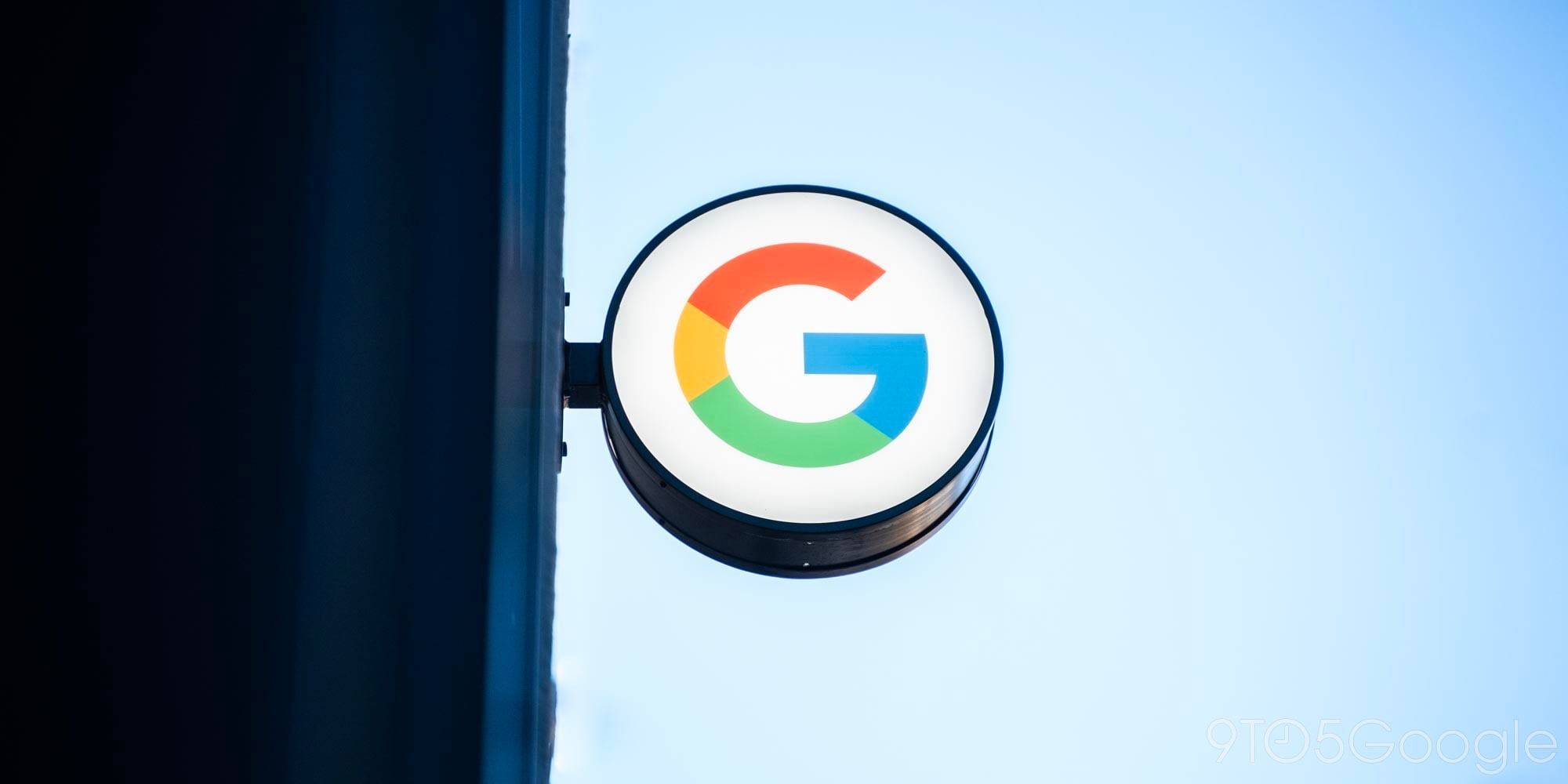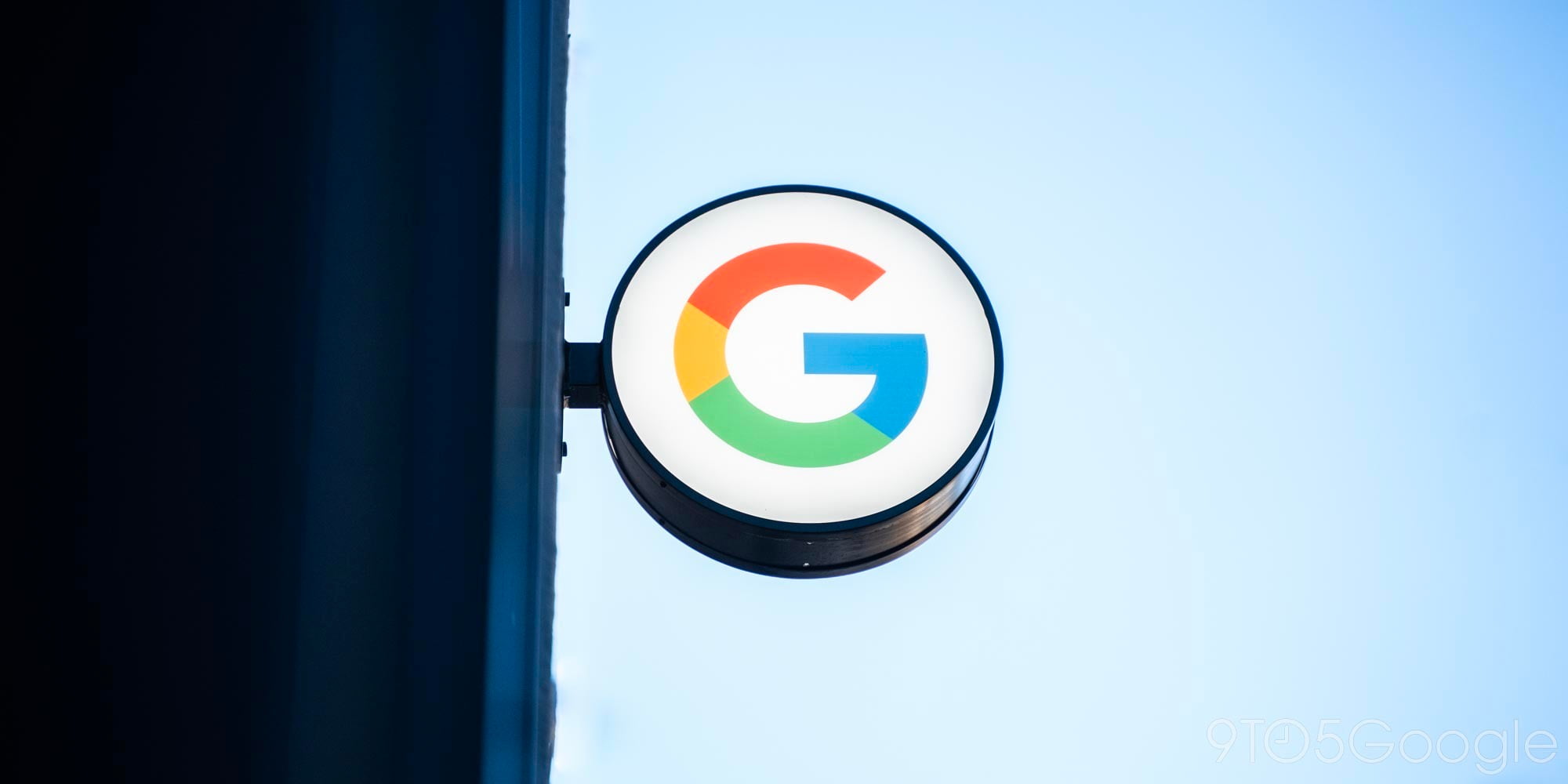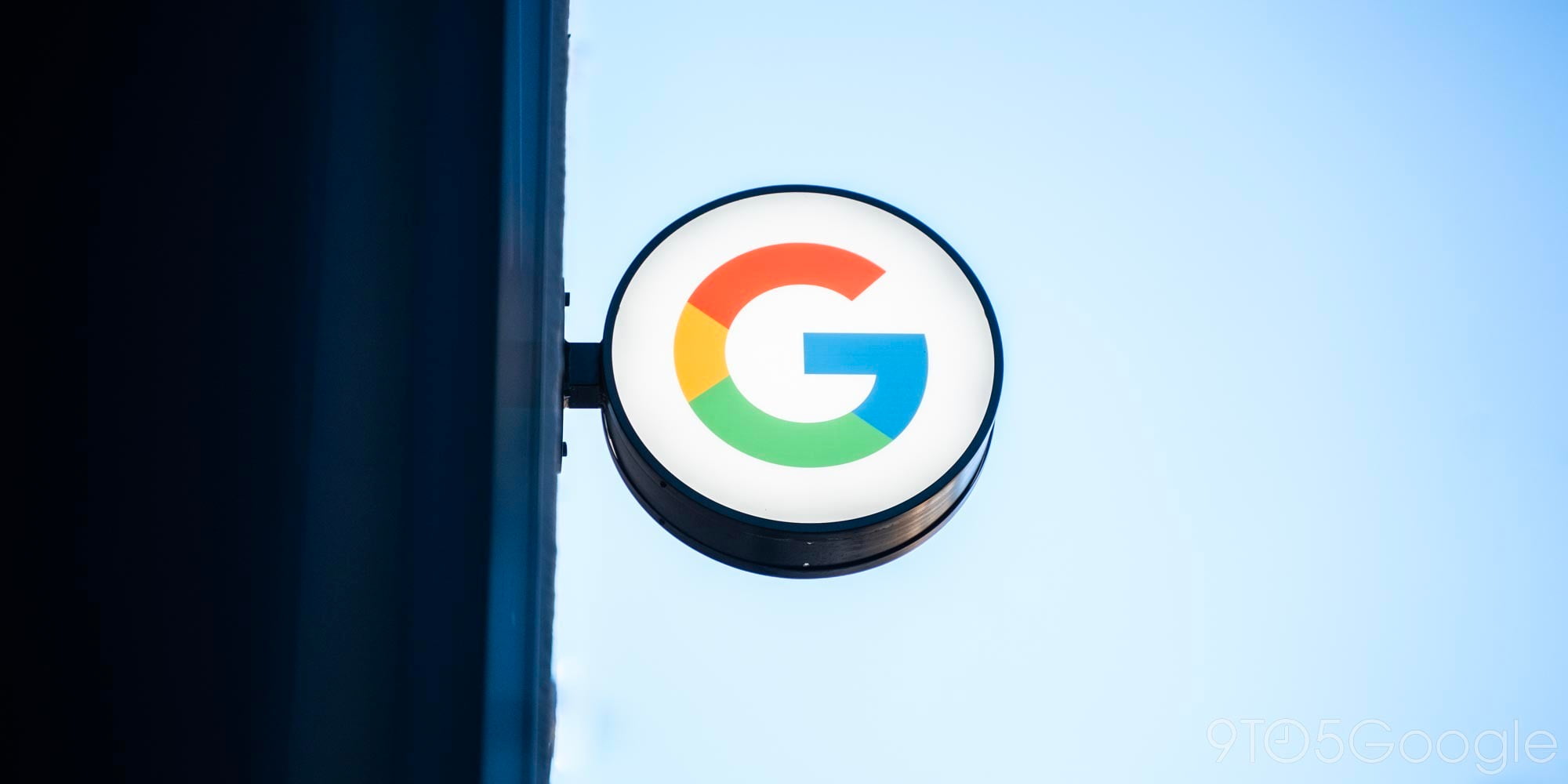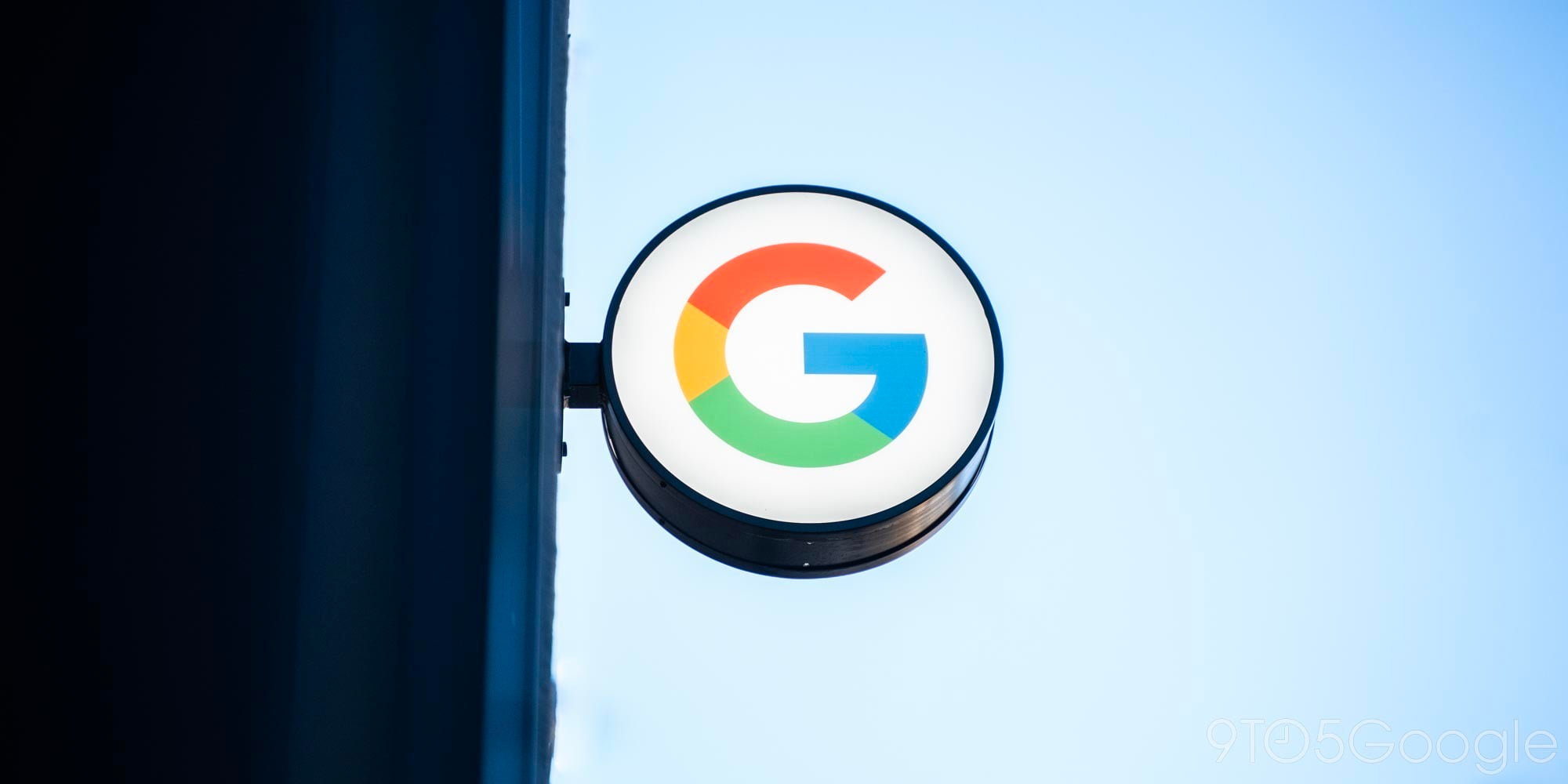
Photo: gamechup.com
In what must surely win some kind of award for irony, Steve ‘dead man walking’ Ballmer repeated his call for Google to face greater scrutiny from competition authorities, describing the search giant as a “monopoly.”
Speaking at an analysts briefing yesterday (via The Verge), the outgoing Microsoft CEO responded to questions about Google’s plans to generate money from online services saying:
Google does it. They have this incredible, amazing, dare I say monopoly that we are the only person left on the planet trying to compete with. We’re the only guys in the world trying.”
Microsoft of course faced numerous anti-trust suits back in the heady days of its dominance of the PC industry, and always dismissed them with the view that consumers make their own choices.
Microsoft’s search service Bing has 17.9 percent of the US search market, a distant second to Google at 67 percent. The disparity is often greater internationally though Google does have competition from Yandex in Russia and Baidu in China.
